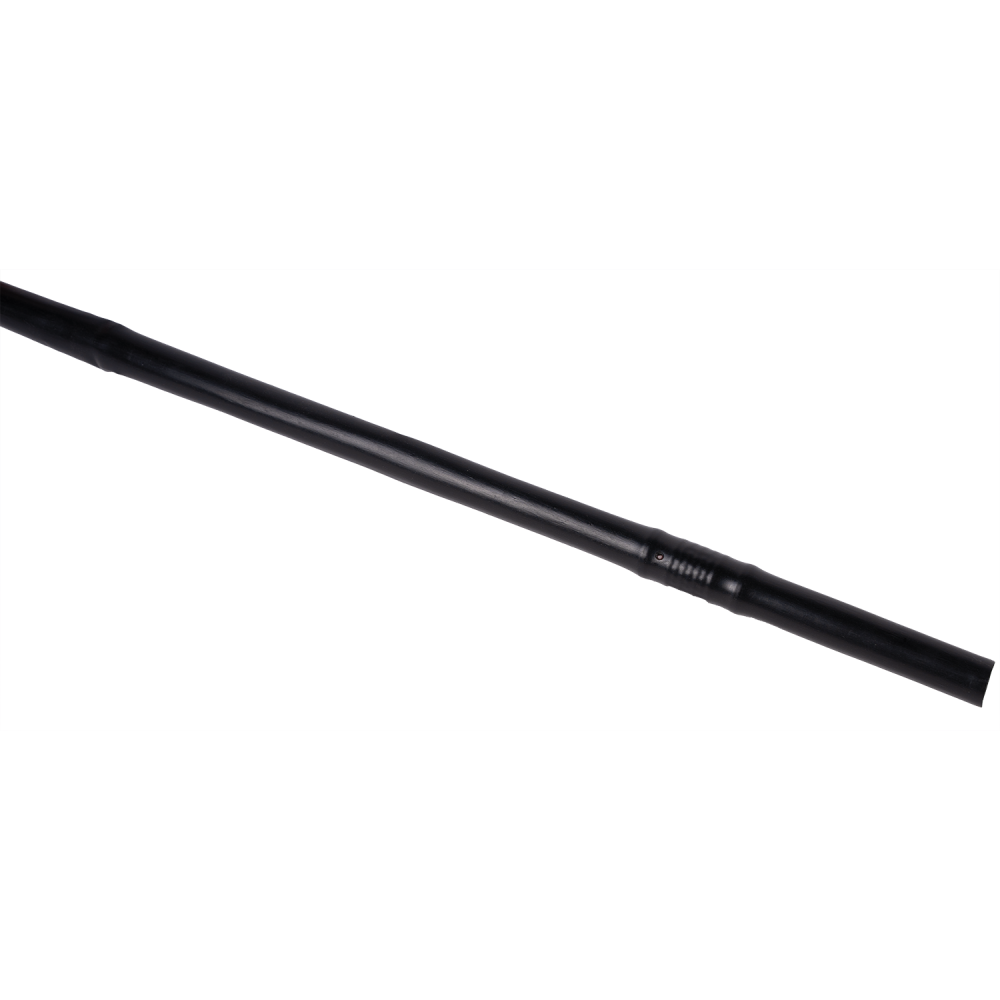
Available in stock: 1485 - the delivery time is 1 to 2 days.
PRODUCT FEATURES
• Roll packing for easy installation, store and removal
• Low cost investment and maintenance cost
• Effectively prevent the growth of the moss
• Anti-aging, chemical proof, ultraviolet resistance and long service life
Drip irrigation is a highly efficient method of watering plants and crops by delivering water directly to the roots of individual plants or along the root zone through a network of tubing, pipes, and emitters.
DRIP IRRIGATION FEATURES
• Precise water delivery: Drip irrigation allows for precise control over the amount of water delivered to each plant. This precision reduces water wastage and ensures that plants receive the optimal amount of moisture they need.
• Water conservation: Drip irrigation is one of the most water-efficient irrigation methods available. By delivering water directly to the root zone, it minimizes evaporation and runoff, making it ideal for arid regions or areas with water scarcity.
• Reduced weed growth: Since water is targeted directly at the plants, the surrounding soil stays relatively dry, which discourages weed growth. This helps reduce the need for herbicides and manual weeding.
• Minimized disease spread: Drip irrigation keeps the foliage of plants dry, which can help prevent the spread of diseases caused by wet leaves. This feature is particularly important in preventing fungal and bacterial diseases in crops.
• Fertilizer application: Drip irrigation systems can incorporate fertilizer injectors or fertigation systems to deliver nutrients directly to the root zone along with water. This ensures efficient nutrient uptake by plants.
• Scalability: Drip irrigation systems can be easily customized and expanded to accommodate different types of plants and varying field sizes. They can be used in gardens, orchards, vineyards, and row crops.
• Soil and terrain adaptability: Drip systems can be adapted to different soil types and terrains, making them versatile for a wide range of agricultural and horticultural applications.
• Reduced soil erosion: By delivering water slowly and gently, drip irrigation reduces soil erosion, which can be a concern in traditional surface irrigation methods.
• Energy efficiency: Drip irrigation typically requires less energy compared to other irrigation methods like sprinklers or flood irrigation, which often rely on pumps or high-pressure systems.
• Automation and control: Drip irrigation systems can be easily automated with timers and sensors, allowing for precise control over watering schedules and adapting to changing weather conditions.
• Improved crop yields and quality: Because plants receive consistent and uniform moisture and nutrients, drip irrigation can lead to improved crop yields and better-quality produce.
• Environmental benefits: The efficient use of water and reduced chemical runoff associated with drip irrigation can have positive environmental impacts by conserving water resources and reducing the pollution of nearby water bodies.

